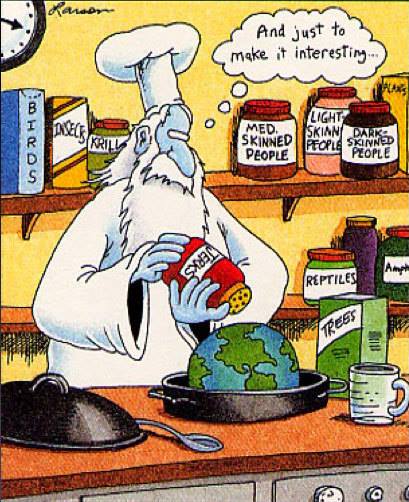Maybe the simplest way to understand the first part of the argument is to read the chapters in Dawkins’ book “the selfish gene” where he discusses the hawk and dove argument. I don’t like his patronizing tone all that much, but if you look beyond that, his explanation is textbook and he does a far better job than I could ever do. That explanation requires a minimal self-interpretation of the math.
Now, exchange the terms “hawk” with robber, adulterer, or whatever highly questionable behavior you like. Likewise, exchange “dove” for just, fair, considerate, decent, self-sacrificing (when necessary), flexible (i.e., willing to change behaviors according to conditions or circumstances), empathetic behavior. **
Now take the limit. If the society were composed entirely of people of just, fair, considerate, decent, self-sacrificing (when necessary), flexible (i.e., willing to change behaviors according to conditions or circumstances), empathetic behavior, would that society ever become dysfunctional? [It is surely not an example of the US, but I cannot think the US would be harmed if most of the people behaved even a small fraction more that way.]
Contrariwise, consider the limit as the entire “social” society becomes entirely composed of robbers, adulterers, or whatever questionable behaviors you like.
That latter (as a society) is absurd. Trust is fundamental to a functional society. Trust is clearly something that is severely lacking currently in a lot of the political spectrum. The consequences are very predictable, and that is not even over matters of robbery, murder, adultery, etc. — at least not directly so.
Therefore, whereas a society can function with a few jerks abusing it, it cannot function for very long as a society if all the people are jerks. Moreover, it is not a scale-able concept.
I’d also point out that even in evolution, which is largely amoral, you don’t find a lot of examples of this. Even anti-social animals like bears or pandas have to cooperate at some level to survive.
by Grace we proceed,
** [Note I don’t just say mere “law abiding”. Laws can be pernicious, but decent, considerate, empathetic, people will see right through that. This was the challenge that Jesus raised against the pharisees. It is the challenge that we Christians also suffer from when we judge other people, thinking we are somehow better than them and not people redeemed under the same grace.]
